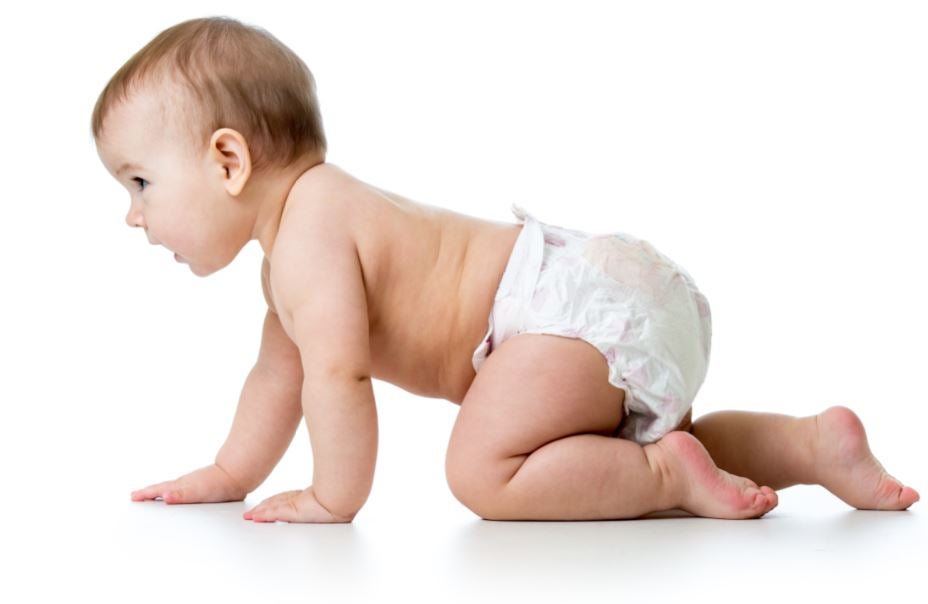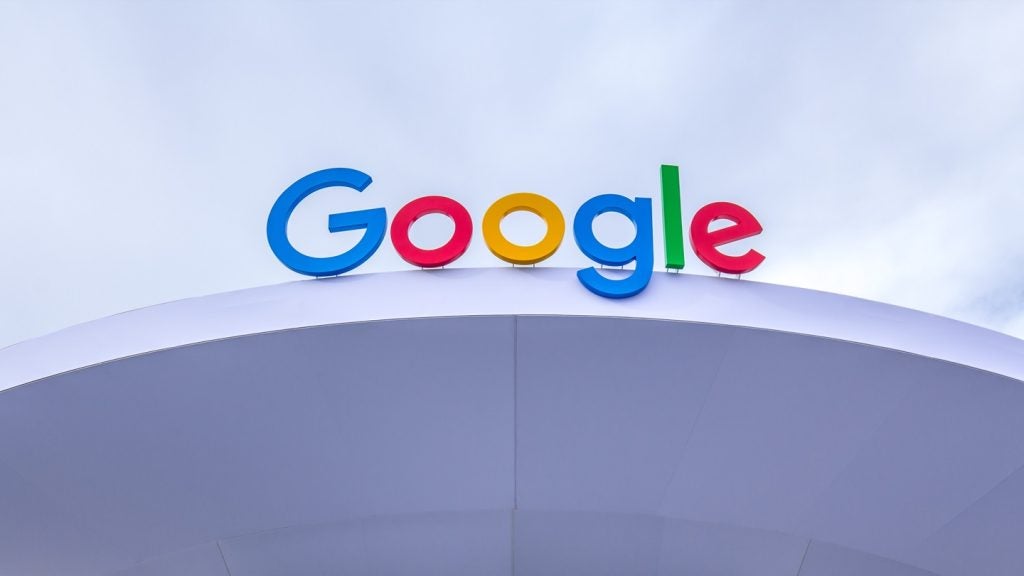Pampers in the US announced the launch of a new line of “smart” nappies that can alert parents when babies need their nappies changed.
It signals a future where parents become overly reliant on technology to making parenting decisions.
The Lumi by Pampers “Connected Care System” uses a sensor that attaches to nappies to track babies’ sleep patterns and wetness levels. The information is sent to a corresponding app, allowing parents to receive notifications on their babies’ routines and track their development.
It is the most recent example of how the internet of things (the notion of everyday objects being connected to the internet) is permeating baby care innovation, and research suggests there is strong rationale for the boom in baby tech.
According to GlobalData’s 2018 Q4 consumer survey, almost half (48%) of global consumers believe that the “internet of things” will have a positive impact on society in the future, as opposed to 15% who say it will have a negative impact.
Furthermore, 55% of global consumers say that they are always or often influenced by how digitally advanced or “smart” a product is when shopping for their children, based on GlobalData’s 2018 Q3 global survey.
However, GlobalData’s recently-published report “Top Trends in Baby Care and Child Care Products 2019” also recognises the potential drawbacks of “smart” baby products.
As technologies such as artificial intelligence and sensory technology influence baby care product innovation, digital devices are now telling parents what to do, what questions to ask and who to involve in decision-making, in the name of enhanced reassurance and convenience. Significantly, this is likely to make parenting less instinctive and more device-dependent.
Technology no doubt has a valuable role to play in helping parents mitigate uncertainty and enhance their confidence. However, as digital devices purport to solve more and more parenting issues, it is critical for brands to ensure that “smart” products do not insult parents’ intelligence.







